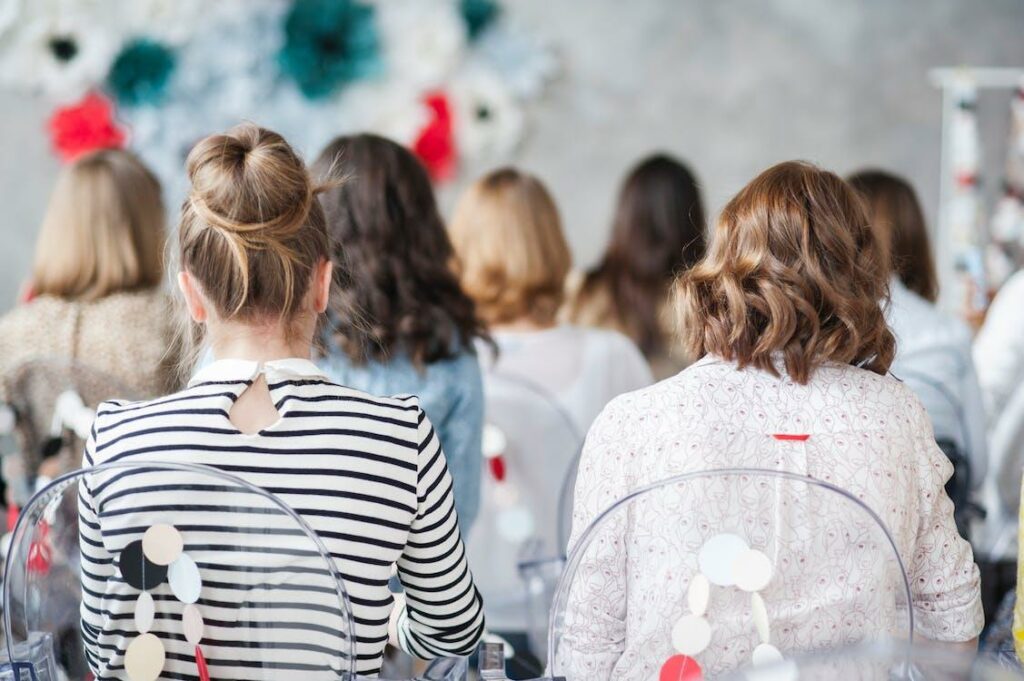According to the European Institute of Gender Equality, a “gender gap” is a void in any area between males and females in terms of the level of participation, access, pay, benefits, or rights. The term “gender equality” refers to a situation in which men and women enjoy the same opportunities, outcomes, rights, and responsibilities within a given setting.
Gender inequality has been a reality throughout history and across cultures. In recent years, however, the gender gap has begun to close in many developed countries. Women have made significant strides in education and the workforce, and they now make up half of the world’s population. However, gender inequality remains a global problem.
Gender Gap Has Widened Since 2020
The World Economic Forum estimates that it would take more than 135 years to close the gender gap if progress continues at the same pace as it has since the decade began. According to WEF, the overall gender gap is 68% closed.
In certain categories, like education and health, it’s almost completely closed. However, for others, such as political empowerment, it’s nowhere near being closed.
The WEF’s findings are based on its Gender Gap Index, which measures gender equality in four key areas: economic participation and opportunity, educational attainment, health and survival, and political empowerment.
Covid-19 Has Disproportionately Affected Women
The pandemic has affected the entire world. However, early research has indicated that the COVID-19 outbreak impacted women more than it did men. As a UN Women report released last December showed, women have been greatly impacted by the pandemic for several reasons, including:
- They’re more frequently employed in sectors directly disrupted by lockdowns
- Overall, they’ve experienced higher unemployment rates
- Overlap of working and caring responsibilities impacted them more than man
Worse, the pandemic took a mental toll on people, leading to a steep increase in domestic violence. A focus on gender-based violence is needed to address the issue.

How Gender Equality Can Help Us All
A number of these issues can and should be addressed by implementing policies that foster gender equality. And despite what some may think, increased quality among genders would benefit everyone, regardless of nationality, race, or even gender.
Let’s take a look at how gender equality can help us all:
- Prevents Violence
One of the most pressing issues facing the world today is violence. Gender-based violence is a major problem, and it can be prevented by promoting gender equality.
The main drivers of domestic violence against women are:
- Condoning violence as a means of solving conflict
- Tolerance of men’s use of force against women in the home
- Rigid gender stereotypes and expectations
- A lack of women’s empowerment and independence
When these drivers are present, it creates an environment in which violence is more likely to occur.
Conversely, when gender equality is promoted, it can help prevent violence. That’s because equality helps to challenge the rigid gender roles and expectations that can lead to violence.
Improves Economy
Gender equality isn’t just a social issue; it’s also an economic one. That’s because women can participate fully in the workforce when they are treated equally. And when women can work, it benefits everyone.
Here are a couple of ways gender equality can improve the economy:
- Increases Productivity: When women are treated equally, they’re able to reach their full potential. This means they can contribute more to the workforce and, as a result, increase productivity.
- Boosts GDP: Studies have shown that increasing women’s participation in the workforce can boost GDP.
- More Profit: Businesses with at least a third of women in leadership positions are significantly more profitable than those without.
So, not only is gender equality the right thing to do, but it’s also good for the economy.
Makes Communities Safer
Creating an equal landscape for all genders can also help make communities safer. When women feel safe, they’re more likely to report crimes.
And when crimes are reported, they can be dealt with more effectively. This, in turn, can help to prevent future crimes from happening.
Unequal societies are far less cohesive, and as a result, they’re also more dangerous. Anti-social behavior is more likely to occur, and community spirit is weaker.
But when everyone feels like they’re an equal part of society, it can help to prevent crime and make communities safer.
In Conclusion
Gender equality is an important issue that everyone should promote. It’s not just a women’s issue; it’s a human issue. And when we promote equality, we’re not only making the world a better place for women but also a better place for everyone. So let’s continue to fight for equality until it’s a reality for all.